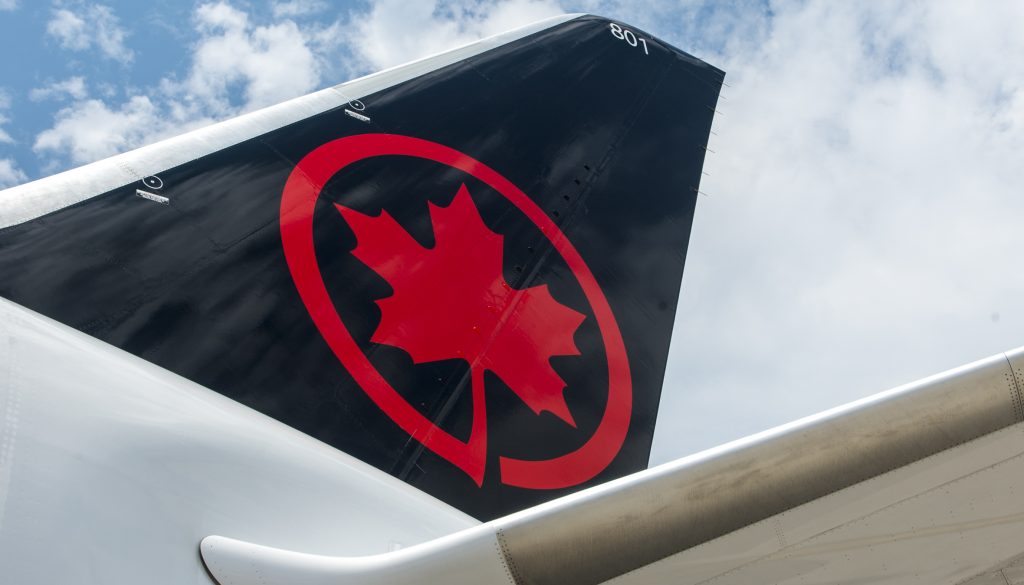Burger King in talks to buy Tim Hortons
Posted August 25, 2014 7:51 am.
This article is more than 5 years old.
It could be a whopper of a deal.
Burger King is in talks to buy Tim Hortons Inc. and form a new publicly listed company that would be based in Canada.
In a statement released on Sunday night, the companies said Canada would be the “largest market of the combined company.”
According to the statement, 3G Capital, the majority owner of Burger King, would continue to own the majority of the shares of the new company on a pro forma basis, with the remainder held by existing shareholders of Tim Hortons and Burger King.
The companies said Oakville-based Tim Hortons and Miami-based Burger King would operate as standalone brands while benefiting from shared corporate services, practices as well as global scale.
“A key driver of these discussions is the potential to leverage Burger King’s worldwide footprint and experience in global development to accelerate Tim Hortons growth in international markets,” the statement reads.
The statement adds that the new corporation would be the world’s third-largest quick service restaurant company, with approximately $22 billion in system sales and over 18,000 restaurants in 100 countries worldwide.
The tentative deal appears to be a legal tax inversion scheme where Burger King will be able to take on the nationality and lower taxes of the Canadian company.
If the deal happens, Burger King would pay a 15 per cent corporate tax rate, rather than the 35 per cent they would owe the U.S. government.
The companies said they will not comment further unless there is a deal.
Recently, Burger King has been adding more coffee items to its menus in order to catch up with its rival McDonald’s.
When Tim Hortons chief executive Marc Caira, a former executive at the global operations of Swiss food and beverage company Nestle, took over the top job at the coffee chain last year he placed everything under review.
The company launched a wide-ranging review of its priorities and ways that it could boost its reputation with both domestic and international coffee consumers.
Tim Hortons dominates the Canadian coffee market, but it has struggled to find success in the U.S.
It has also faced competition here in Canada in recent years from Starbucks Corp. and McDonalds Corp., which has worked to improve its coffee.
The chain has been working to appeal to customers beyond coffee and doughnuts, with new menu items such as a crispy chicken sandwich and side dishes to boost breakfast and lunch sales.
Shares in Tim Hortons have been trading sharply higher in recent weeks after reporting better than expected financial results and raising its outlook for the year.
Tim Hortons said earlier this month that it now expects its earnings per share to be near the higher end — or slightly above — its target range of $3.17 to $3.27 for the year.
The company has a stock market capitalization of more than $9 billion.
Tim Hortons, which took its name from Toronto Maple Leafs player and founder Tim Horton, turned 50 earlier this year.
The now ubiquitous chain started in Hamilton, Ont., in 1964.
It was acquired by American burger chain Wendy’s International in 1995 and subsequently fully spun off as a separate company in 2006 after an initial public offering.
In February, Tim Hortons announced plans to open 300 new U.S. locations by 2018, which will add to the more than 800 locations already operating south of the border.
The Persian Gulf region is also in the sights for massive growth, as the company wants to boost the number of locations there to 200.
As of June 29, Tim Hortons operated 4,546 restaurants, including 3,630 in Canada, 866 in the United States and 50 in the Middle East.
Tim Hortons shares closed up $1.87 at $68.78 on the Toronto Stock Exchange on Friday.
Both stocks surged Monday with Burger King up 16.16 per cent to US$31.40 on the New York Stock Exchange. Shares in Tim Hortons jumped 19.66 per cent to C$82.30 on the Toronto stock market, up $13.52.










